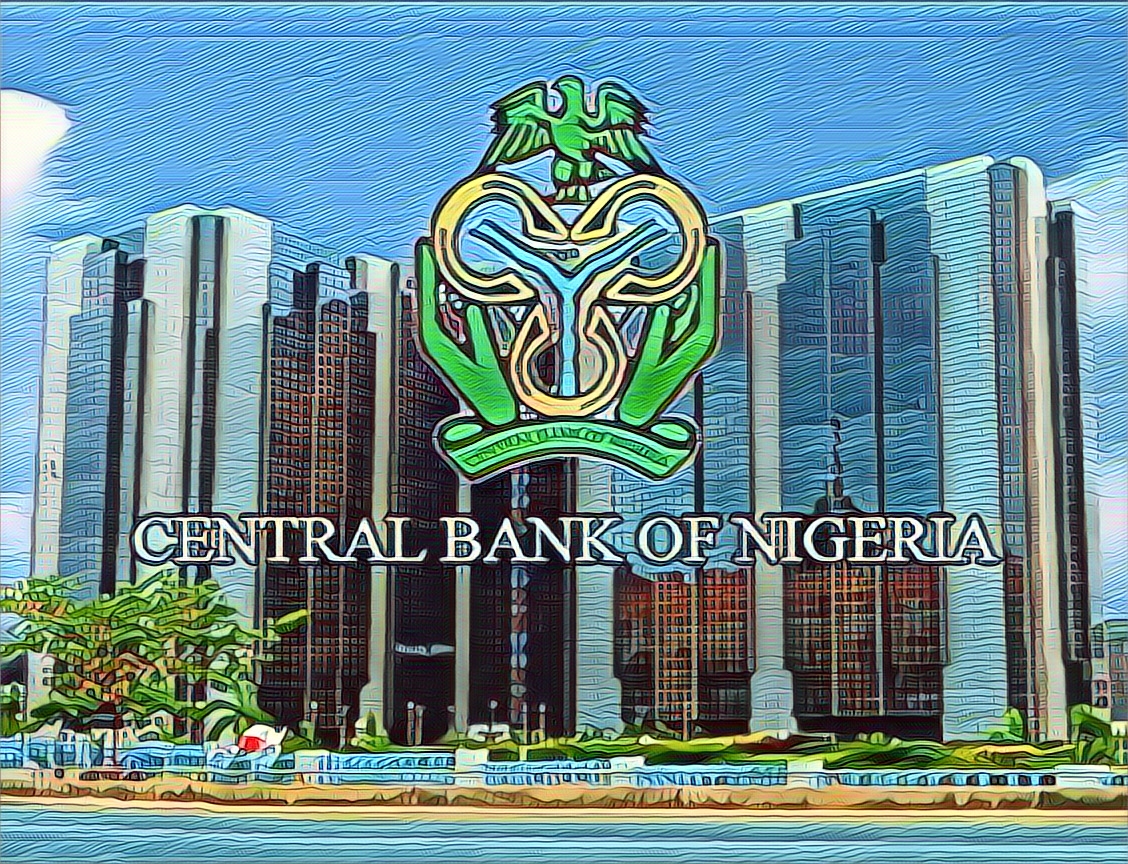The Central Bank of Nigeria (CBN) is expected to maintain a tight monetary policy stance in 2024 to curb inflation, which has been soaring to record levels in recent months. Analysts say the CBN will likely raise its benchmark interest rate further, as well as use other tools such as cash reserve requirements and government bond sales, to mop up excess liquidity and stabilize the naira exchange rate.
Nigeria’s inflation rate reached 27.33 percent in October 2023, the highest since August 2005, according to the National Bureau of Statistics (NBS). The main drivers of inflation were the removal of fuel subsidies in May 2023, which led to a 120 percent increase in petrol prices, and the devaluation of the official exchange rate in June 2023, which followed the CBN’s decision to reduce interventions in the foreign exchange market. These factors pushed up the costs of food, transport, housing, and other goods and services.
The CBN has responded by hiking its monetary policy rate (MPR) from 11.5 percent in May 2023 to 18.75 percent in July 2023, the highest level since 2007. The MPR is the rate at which the CBN lends to commercial banks and influences the cost of borrowing in the economy. The CBN has also increased the cash reserve ratio (CRR), which is the percentage of deposits that banks must keep with the CBN, from 27.5 percent in January 2023 to 32.5 percent in September 2023. The CRR is a tool to control the money supply and liquidity in the banking system. In addition, the CBN has been selling government bonds to investors to absorb excess funds and support the naira.
The CBN’s tight monetary policy is in line with the recommendations of the International Monetary Fund (IMF) and the World Bank, which have praised the reforms of the Bola Tinubu administration, especially the exchange rate liberalization and the fuel subsidy removal. The IMF and the World Bank have projected that Nigeria’s economy will grow by 3.2 percent and 3.5 percent respectively in 2023-2026, with the continued implementation of macroeconomic stabilization and structural reforms.
However, some experts have argued that the CBN’s monetary policy is too restrictive and may hamper economic growth and recovery. Ayo Teriba, CEO of Economic Associates, said that raising the MPR to 100 percent would not affect inflation unless the naira exchange rate is stabilized. He said that the major determinant of inflation is the pass-through effect of the exchange rate, which has depreciated by over 70 percent since January 2023. He suggested that the CBN should build up its foreign reserves and adopt a fixed exchange rate regime to restore monetary policy autonomy and effectiveness.
The CBN’s monetary policy also has implications for ordinary Nigerians, who are facing a high cost of living and limited access to credit. A high MPR makes borrowing more expensive for individuals and businesses, which can reduce investment, consumption, and economic activity. A high CRR reduces the amount of money that banks can lend to customers, which can constrain their ability to meet their financial obligations or expand their operations. A high inflation rate erodes the purchasing power and savings of Nigerians, especially those on fixed incomes.
The CBN faces a delicate balance between controlling inflation and supporting economic growth in 2024. The CBN governor, Yemi Cardoso, has said that the CBN is committed to price stability as its primary mandate, but also mindful of the need to stimulate the economy. He has expressed optimism that inflation will moderate in the medium term, as the supply-side shocks subside and the fiscal authorities implement measures to boost revenue and reduce deficits. He has also assured that the CBN will continue to intervene in the foreign exchange market to ensure stability and liquidity.
The CBN’s monetary policy will be a key factor in shaping Nigeria’s economic outlook in 2024, as the country prepares for the general elections. The CBN will have to navigate the challenges of inflation, exchange rate, growth, and political uncertainty while maintaining its independence and credibility. The CBN will also have to work closely with the fiscal authorities and other stakeholders to ensure policy coordination and alignment. The CBN’s monetary policy will be crucial for building economic resilience and creating opportunities for Nigerians.
Source: BusinessDay


